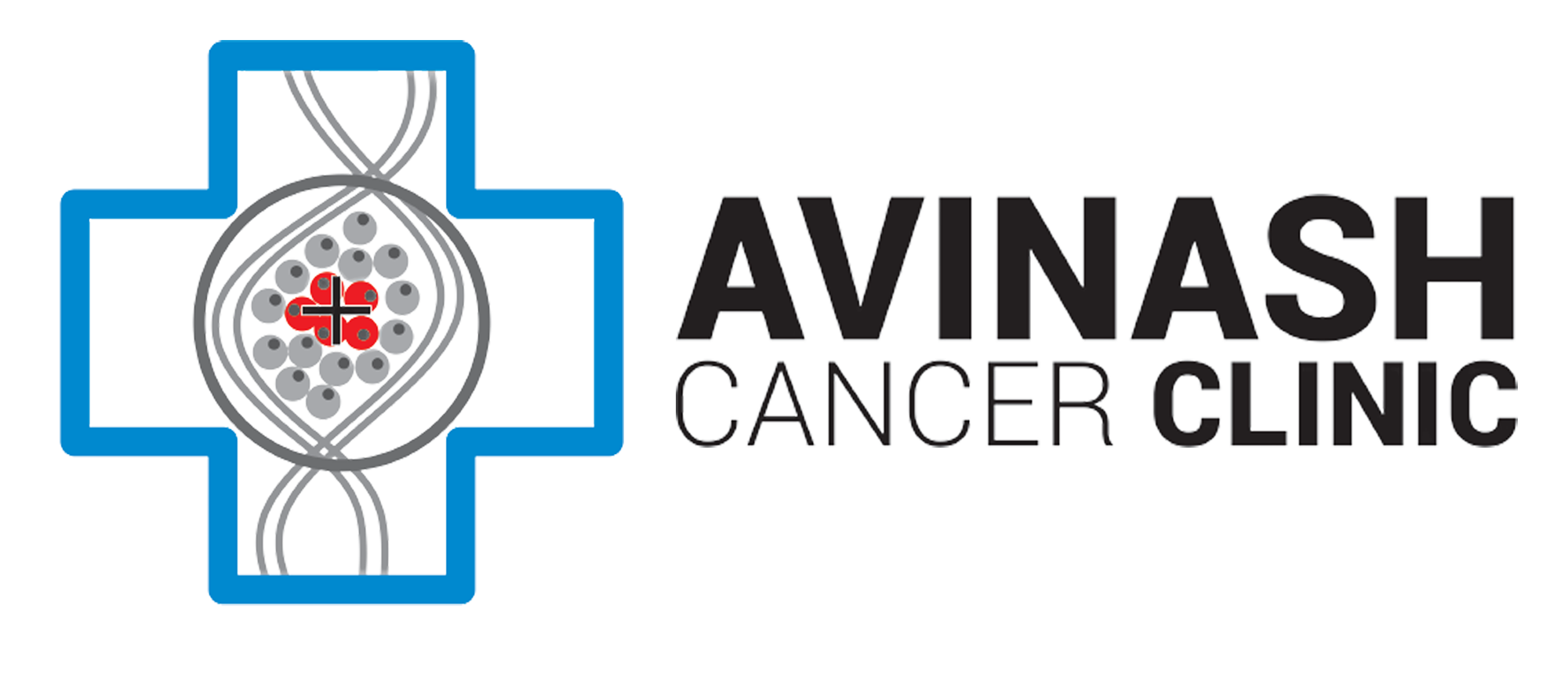Sickle cell disease (SCD)
What is Sickle cell disease (SCD)?
SCD is an inherited condition. In this the shape of the RBCs is distorted to sickle shape due to genetic mutations. As a result there is disruption of blood flow to vital organs. These patients due to lack of oxygen get severe pain crisis, severe chest pain, breathlessness, acute abdominal pain etc also due to early breakdown of these RBCs there is anemia.
How prevalent is SCD?
Annually around 3-4lakh children are born with SCD worldwide. The tribal population in Madhya Pradesh, Vidarbha, Wayanand and Gujarat largely suffer from SCD. The Bhils, Madias, Pawaras, Pardhans, Otkars are some of the tribes suffering from SCD.
What is the cause of SCD?
SCD is an inherited disorder caused because of certain genetic mutations.
What types of Sickle cell Disease?
Clinically important types include
- Sickle trait. These individuals are asymptomatic; however in long run some can develop some kidney problems.
- Sickle cell disease: These present to not respond to simple pain killers and require admission. These patients can have severe chest pain and can be life threatening. Severe abdominal pain, strokes, anemia requiring recurrent transfusions, recurrent infections are few other symptoms.
Is SCD preventable?
SCD is inherited, so every couple planning to have a child should get themselves tested. If only one of the parents have minor forms of SCD then the chances of child with major SCD is almost zero. If both expecting parent have minor forms of SCD then the chance of them having a child with a SCD is 25%. These parents should get the child tested in the 1st 20 weeks of pregnancy. If the child tested in mother’s womb is positive for SCD they can opt for a voluntary abortion.
What is the success of Bone Marrow transplant?
Success of transplant depends on a lot of things. In a nicely planned transplant, success rates are as high as 80%. Earlier the transplant and with a matched sibling transplant the chances of good results are maximum, so it is advisable to contact your transplant physician as soon as possible.
Is it possible to have a good quality of life without a transplant?
Some patients have their symptoms controlled with just hydroxyurea therapy. Vaccination to prevent recurrent infections will help these patient. Thus many can have a good quality of life even without transplant.
How is Sickle Inherited?
If the genetic mutation is inherited from both parents, it usually severe type of Sickle cell disease if inherited from one parent it is sickle cell trait
How is SCD diagnosed?
It is diagnosed with the help of simple blood test known as Hemoglobin Electrophoresis or High performance liquid chromatography.
What is the treatment of SCD?
SCD cannot be cured. Treatment involves around alleviating the symptoms with pain killers. It there is anemia, then blood transfusion are to be given. Treatment of infections with antibiotics is done. A medicine called hydroxyurea is used to decrease the frequency of symptoms, However only Hematopoietic stem cell transplant can cure it.
Is there a cure for SCD?
Yes. The patients of Sickle cell disease can undergo bone marrow stem cell transplant and be cured from SCD. These patients after a successful transplant will never require transfusions.
Does everyone with SCD need a transplant?
No, not everyone needs a transplant, If the recurrent pain episodes are not relieved with hydroxyurea or the child has an episode of stroke or requires recurrent transfusion then they need a transplant.



